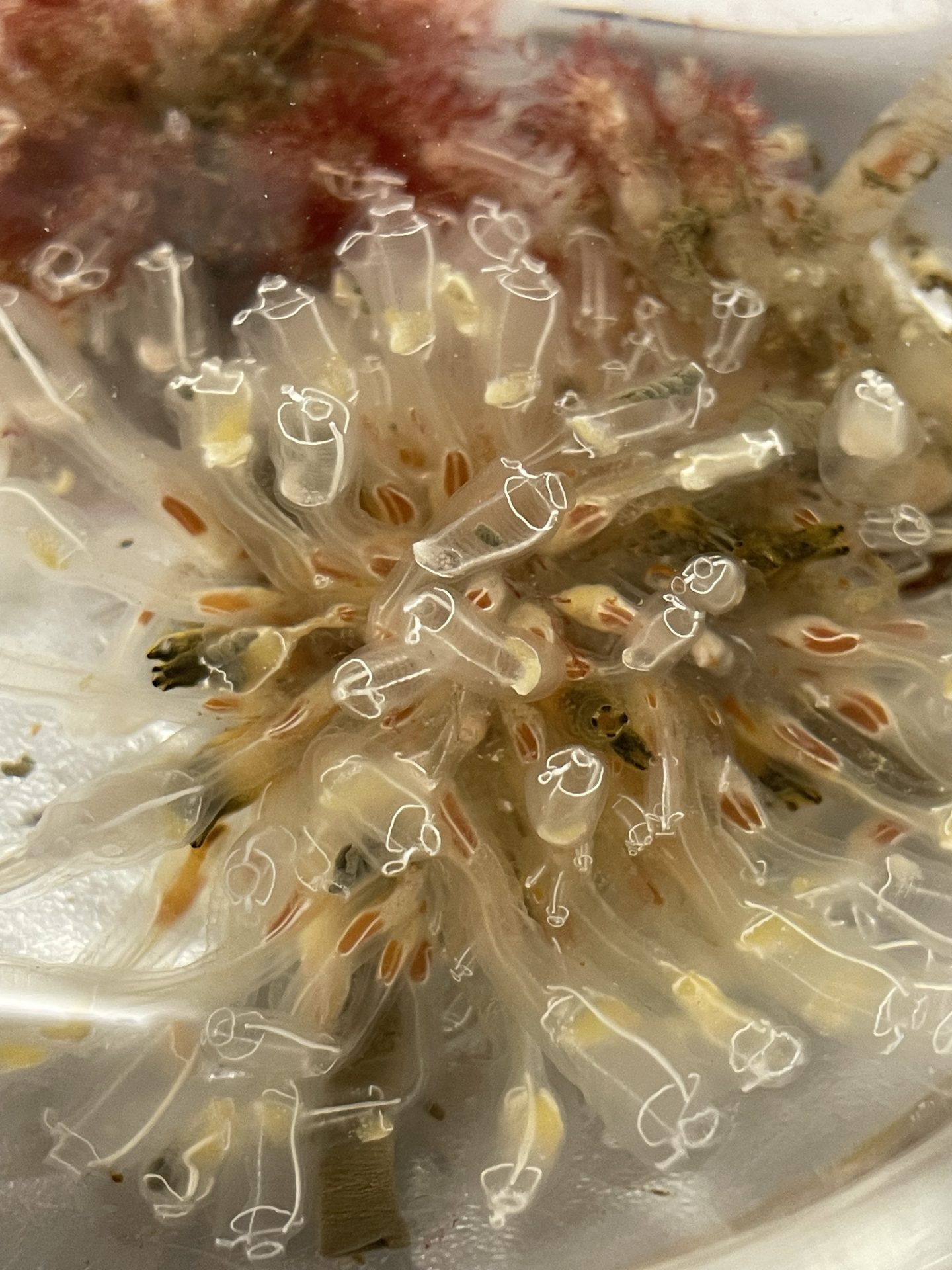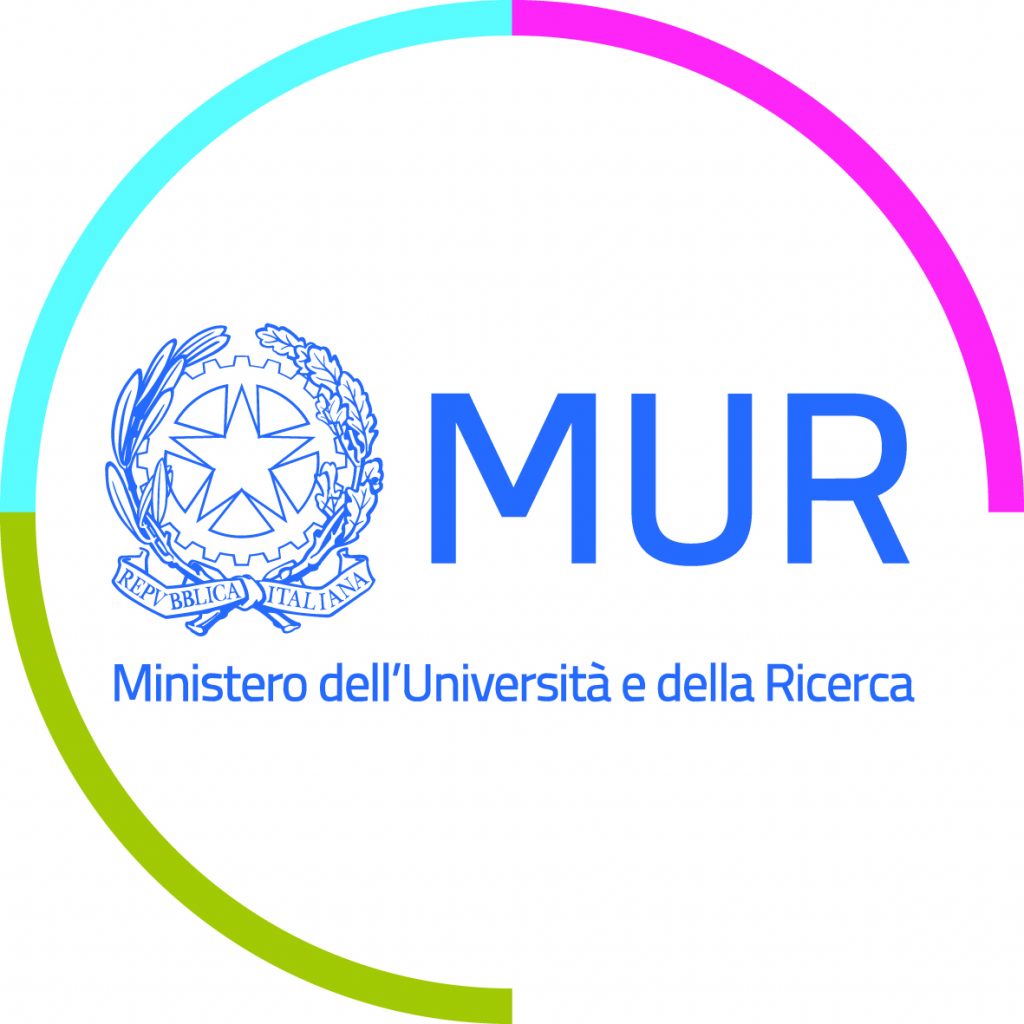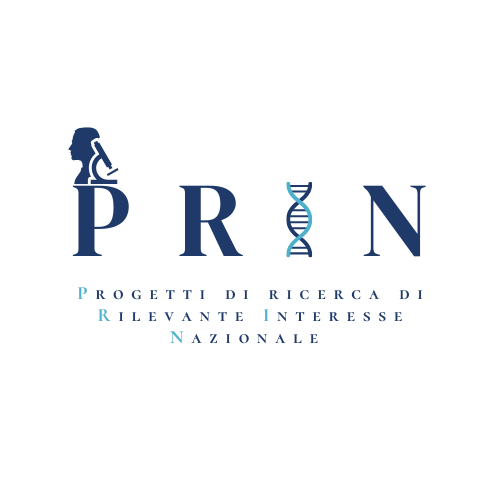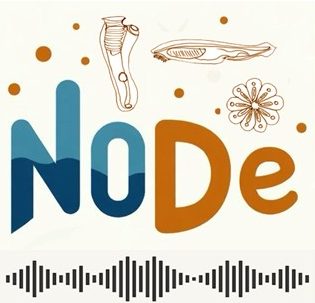
There is a growing concern about the impact that noise produced by human activities can have on marine fauna. International agencies (e.g. JPI Oceans) are promoting dedicated actions, however to date there has been an interest almost exclusively directed to vertebrates. This is despite the fact that all aquatic animals, both vertebrates and invertebrates, are able to perceive mechanical stimuli such as sounds or vibrations caused by their propagation. NoDe aims to test the effects of anthropogenic noise on the development, behavior and resilience of invertebrate marine animals that are evolutionarily close to vertebrates as deuterostomes, i.e. hemichordates, cephalochordate echinoderms and tunicates.
Consortium
The project consortium is composed of Research Units with complementary expertise required for the completion of the project. The research groups belong to different institutions: the University of Milan (RU1), University of Genoa (RU2), University of Padova (RU3), CNR (RU4), and the Stazione Zoologica Anton Dohrn of Naples (RU5).
Our animals
The NoDe project aims to analyze the effects of anthropogenic noise on a particular group of animals that belong to the Deuterostome group. Since vertebrates also belong to this group, comparisons with the effects already described in marine mammals and fish will be simplified.
Scientific dissemination
Project funded by the Ministry of University and Research, and by PRIN funds


